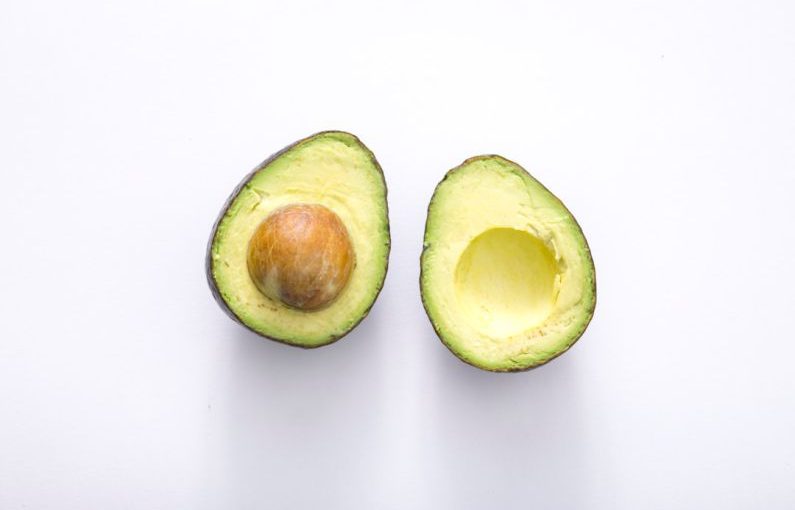In the world of alternative sweeteners, Lo Han Guo stands out as a natural and healthy option that has been used for centuries in traditional Chinese medicine. Often referred to as “Monk Fruit,” this sweetener is derived from the fruit of Siraitia grosvenorii, a vine native to southern China and northern Thailand. Let’s delve into the fascinating world of Lo Han Guo and uncover why it is gaining popularity as a sugar substitute.
The Origins of Lo Han Guo
Lo Han Guo has a rich history that dates back hundreds of years. Legend has it that the fruit was named after the Buddhist monks, known as “Luohan” in Chinese, who first cultivated it in the 13th century. The monks discovered the fruit’s sweetening properties and its medicinal benefits, using it to brew teas and concoctions for various health conditions. Over time, the use of Lo Han Guo spread beyond the monastery walls, becoming a staple in traditional Chinese medicine and cuisine.
A Natural Sweetener with Zero Calories
One of the key reasons for the growing popularity of Lo Han Guo is its natural sweetness without the calories. The fruit contains compounds called mogrosides, which are much sweeter than sugar but with zero calories. This makes Lo Han Guo an attractive option for those looking to reduce their sugar intake or manage conditions like diabetes and obesity. Unlike artificial sweeteners, Lo Han Guo offers a natural alternative that does not raise blood sugar levels or contribute to weight gain.
A Potent Antioxidant
Beyond its sweetening properties, Lo Han Guo is also prized for its antioxidant properties. The mogrosides found in the fruit have been shown to have powerful antioxidant effects, helping to combat oxidative stress and reduce inflammation in the body. Antioxidants play a crucial role in protecting cells from damage and supporting overall health and well-being. By incorporating Lo Han Guo into your diet, you can boost your antioxidant intake and support your body’s natural defenses.
Lo Han Guo in Traditional Chinese Medicine
In traditional Chinese medicine, Lo Han Guo is revered for its cooling properties and its ability to nourish the lungs and soothe coughs and sore throats. The fruit is often used in herbal remedies and teas to treat respiratory conditions, such as asthma and bronchitis. Its sweet taste makes it a popular ingredient in herbal formulations to mask the bitterness of certain herbs while enhancing their therapeutic effects. As a natural remedy, Lo Han Guo offers a gentle and effective way to support respiratory health and overall well-being.
The Culinary Uses of Lo Han Guo
Lo Han Guo is not just limited to herbal teas and supplements; it is also a versatile ingredient in cooking and baking. The sweetening power of Lo Han Guo makes it a great substitute for sugar in recipes, providing a natural and healthier option for those with a sweet tooth. From desserts and beverages to sauces and dressings, Lo Han Guo can add a touch of sweetness without the guilt of added calories. Its unique flavor profile, reminiscent of caramel and honey, can enhance a variety of dishes and drinks, making it a favorite among chefs and home cooks alike.
Exploring the Benefits of Lo Han Guo
As we uncover the many benefits of Lo Han Guo, it becomes clear why this natural sweetener is gaining recognition beyond its traditional roots. With its zero-calorie sweetness, antioxidant properties, and role in traditional Chinese medicine, Lo Han Guo offers a holistic approach to health and wellness. Whether you are looking to cut back on sugar, boost your antioxidant intake, or explore the world of natural remedies, Lo Han Guo has something to offer. Embrace the legacy of the Buddhist monks and discover the sweetness of Lo Han Guo in your own journey to well-being.





